Slow. Sustainable. DIY. Green. Local. Anti-mainstream. These are some of the keywords associated with the contemporary craft movement. Enabled by technology and new media, craft culture has been described as a combination of traditional artisanal craftsmanship, punk culture, and a DIY sensibility. It often positions itself as a response to the problems of globalization, hyper-consumerism, and environmental degradation. Crafting is now, in the words of the maker-activist Betsy Greer, “craftivism,” a politically active site of social change.
But has “green” become the new white?
Despite its activist and inclusive ethos, the contemporary craft movement has been dominated by a neoliberal model of middle-class whiteness. Localism and lifestyle choices have become valorized as the primary modes of social change. People of color are often invisible in the craft movement, except as victims of globalization and exploitative labor practices who need to be saved by first world crafters.
From “choice” to “constraint: RaceCraft aims to illuminate an alternative genealogy to the contemporary craft movement. RaceCraft explores crafting not as a lifestyle choice but as an effect and response to systemic forms of discrimination. In this context, being “crafty” is not just a DIY attitude and aptitude; it is an enabling subterfuge that doubles as critique, in which the constraints of production are not just aesthetic but also racial.
From local to global and back again: RaceCraft seeks to situate craft within global and local histories of exclusion, colonialism, dispossession and subjugation. We invite submissions that explore the tensions and fissures of “craft” discourse and that expose its neoliberal underpinnings.
Reactivating the “activism” in “craftivism”: RaceCraft seeks to deepen our current conversations about craft so as to generate new frameworks for thinking about the transformative possibilities of craft, one that takes into consideration, racial justice in relation to “green” modes of sustainability, political activism and community building.
Questions we are interested in exploring:
• How do we understand the contemporary craft movement in relation to race and racism?
• How is “race” crafted through and against the contemporary craft movement?
• Has being “green” become synonymous with middle-class whiteness?
• In the “do-it-yourself” movement, is the “self” in “yourself” connected to a particular sexuality, race, gender, ability, or class?
• Given its gendered history and the fact that most crafters are female, how does attention to race complicate the gendered history of craft and the historic division between art as the domain of male artists and craft as the domain of women?
• There are longstanding and controversial distinctions between art, craft, and trade: How is work by people color positioned in relation to these terms?
• How do different disciplines such as anthropology, folk craft history, and art history situate works by people of color? • How do specific regional histories and racial and class topographies put pressure on the neoliberal norms of middle-class whiteness at the heart of the contemporary craft movement?
• Conversely, how might the turn towards localism reinscribe uncritical models of nationhood and national identity?
• Are there alternative craft histories and genealogies that contest the dominant discourses surrounding craft that emphasize white, middle-class, and neoliberal values?
• Is craft a product or effect of constraint or choice or both?
We welcome submissions from a range of perspectives, mediums and genres. CA+T’s virtual platform can accommodate digital images, sound files, film and video, creative and scholarly prose and poetry, PDFs, and more. The deadline for submissions is April 30, 2015.
Send submissions to submissions@centerforartandthought.org with the subject line “RaceCraft.” Co-curated by Marie Lo and Sarita Echavez See, RaceCraft will be hosted online at the Center for Art and Thought.
Marie Lo and Sarita Echavez SeeHow is “race” crafted through and against the contemporary craft movement?

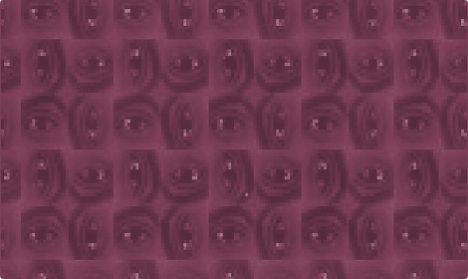
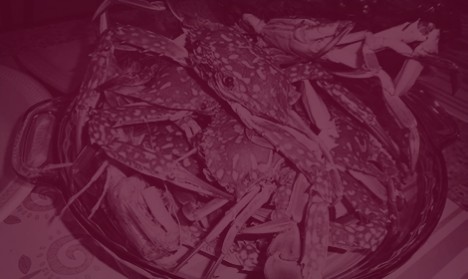
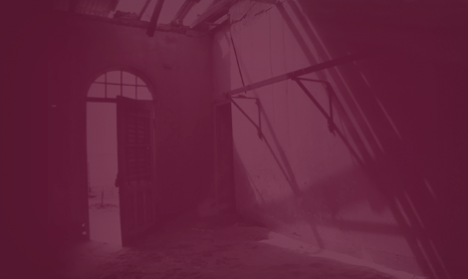



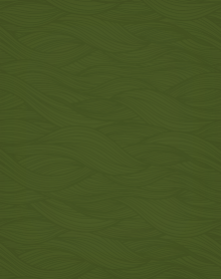
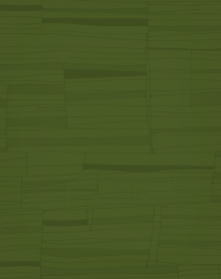
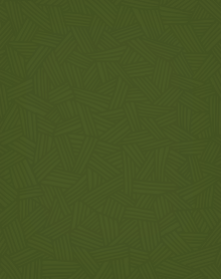
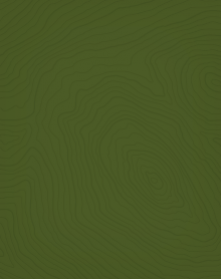
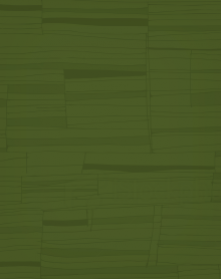

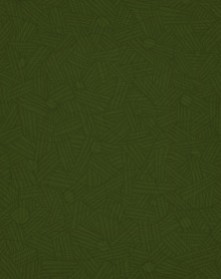
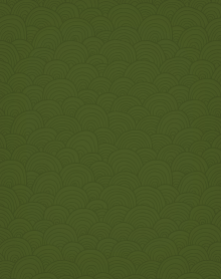
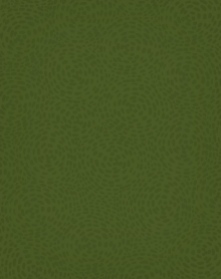
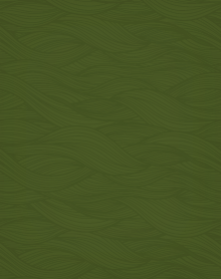
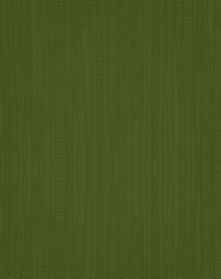
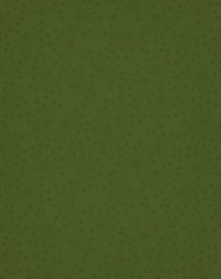

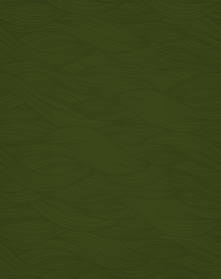
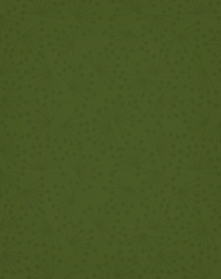
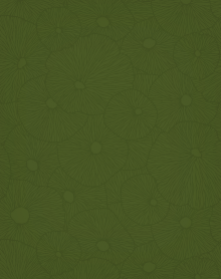
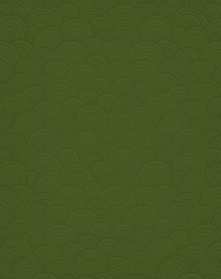

.jpg)





.jpg)
.jpg)
.jpg)


.jpg)

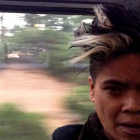




.jpg)

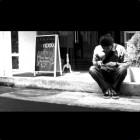

.jpg)


.jpg)





_Cropped.jpg)

.jpg)
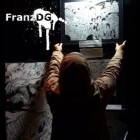


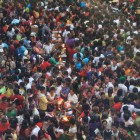


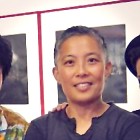
.jpg)
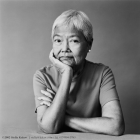
.jpg)


.jpg)
.jpg)

.jpg)


.jpg)




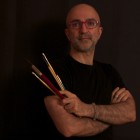





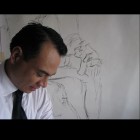



.jpg)








.png)




.jpg)
.jpg)
.jpg)




.jpg)
.jpg)
.jpg)




.jpg)



.jpg)


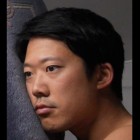


.jpg)




